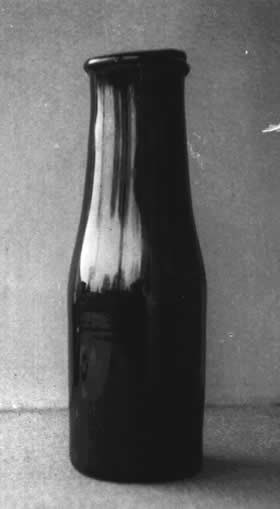Last updated: December 4, 2020
Article
Why No Cans?

So why was nothing bottled, jarred, or canned? At the end of the 18th century, preserving food was about to change, thanks in part to Napoleon. In 1795 the French government wanted a better way to feed their troops, so Napoleon offered a prize of 12,000 francs to whomever could come up with a better way to keep food from spoiling.
Nicolas Appert, a Parisian confectioner and chef, discovered that it was heat (not air) that kept pesky spoilage at bay (caused by microbes, although he didn’t know this). His process involved placing food inside glass jars, that were then corked, much like wine, and sealed off with a wax seal. The jars were wrapped in canvas and then boiled. He submitted his invention to the French government and was announced the winner in January of 1810, some 15 years after he began experimenting.
In 1812 the Englishman Brian Donkin substituted unbreakable tin for the glass and the tin can industry was born when Donkin built his first canning factory. Initially, this process was very slow and labor-intensive, as cans were handmade, and took up to six hours to cook. This meant canned food was too expensive for ordinary people. Plus, the can opener wouldn’t be invented for another 40 years, so those cans were a pain to open.
